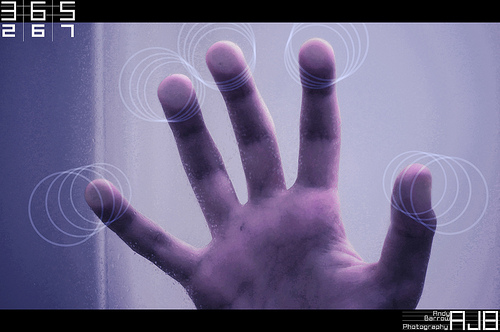
The Department of Homeland Security seems to be developing technologies reminiscent of the pre-crime unit depicted in Phillip K. Dick’s “Minority Report”.
The department’s so-called “FAST” project — which stands for Future Attribute Screening Technology — aims at nothing less than screening people for malign intent: for crimes they have not yet committed.
As the homepage for the FAST project describes, non-invasive sensors will be used to scan people for indications of bad thoughts. Currently, these indicators factor in posture, gait, thermal imaging of the face and changes in vocal tension while speaking, but might be extended to include other things, such as pheromones.



